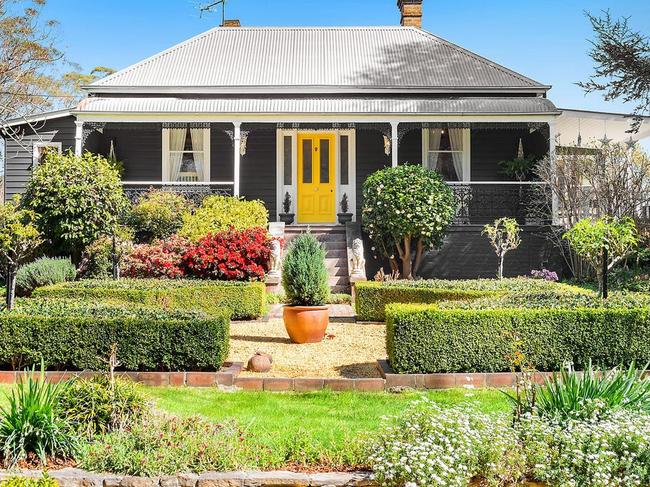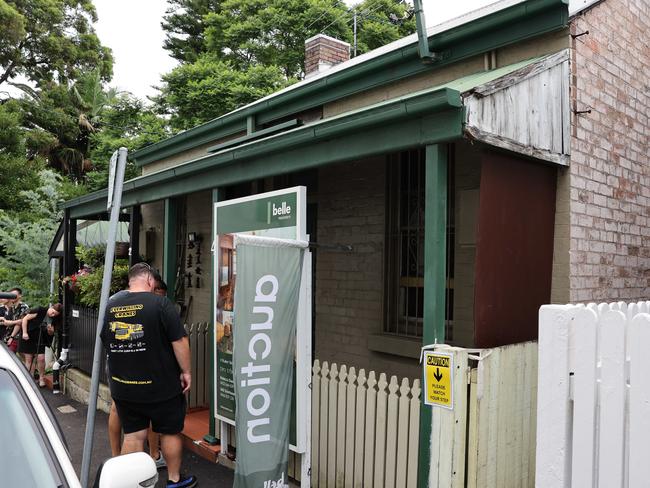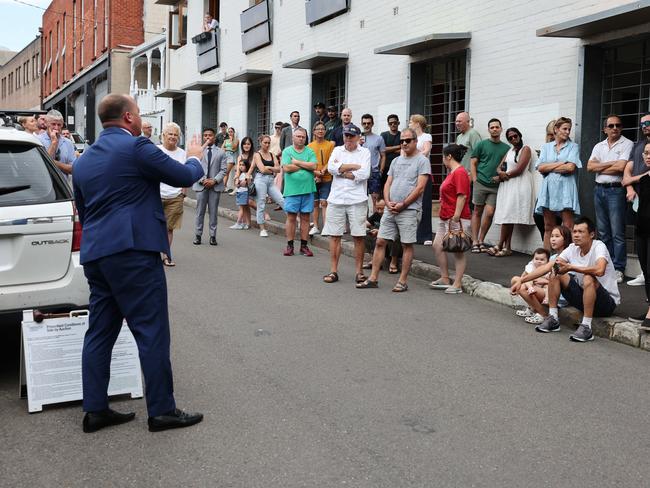Baby Boomer riches ‘a good thing’ for first-home buyers
Despite a remarkably strong real estate market, the ranks of first home buyers is swelling thanks to Baby Boomers. This is why.
Property
Don't miss out on the headlines from Property. Followed categories will be added to My News.
In many ways, it’s counterintuitive that the real estate market is showing such resilience despite 13 interest rate rises and a range of economic headwinds around the world. But if you’re out there attending auctions at the moment, you’d say the market is remarkably strong, and data has backed that up, with most areas experiencing moderate to significant price growth over the past 12 months.
Australia is a very lucky and rich country where one of the biggest demographics is Baby Boomers, who have done spectacularly well out of property over their lifetimes.
Australia’s Baby Boomers were born between 1946 and 1966 during the post-war economic boom. At the time of the 2021 Census, more than one in five Australians were Baby Boomers, and home ownership among them was very high, at more than 75 per cent.

Most of them have seen their homes increase in value by four or five times over the long term, and that’s created remarkable wealth for their retirement. Many no longer have mortgages, so rate rises don’t hurt them – in fact, they help them by giving them higher interest on their cash savings.
HUGE WEALTH CONCENTRATION
On top of that, Baby Boomers are also starting to inherit their parents’ assets, so I think there’s a huge amount of wealth concentrated within this group, and I believe it’s one of the reasons why the property market is holding up so well. It’s also why consumer spending isn’t flatlining in today’s inflationary economy. Customer spending data from CBA published in November 2023 showed spending per capita was higher than the rate of inflation in only one age group – those aged 70 years and over.
So, both the sheer size of this generation, along with their collective wealth amassed mainly through home ownership, makes them a powerful demographic in economic terms. And from a housing perspective, it’s a group of people that is highly motivated to transact in property in several ways.

The most obvious motivation for buying and selling is the decision to downsize. As people age, they tend to want smaller homes that require less maintenance and allow more lifestyle and recreation.
Downsizing is a great way for baby boomers to cash in on the capital gains their homes have amassed over decades of ownership. They can use that money to fund their next home plus all the activities they want to enjoy over the years ahead, such as big-ticket travel and other significant experiences. High interest rates and rising costs of living aren’t going to stop Boomers from downsizing, especially when property values have kept going up in many areas over the past year.
DOWNSIZING INCENTIVES FOR BABY BOOMERS
The Baby Boomers are also incentivised to downsize by the downsizer super contributions scheme, which allows Australians aged 55 and over to contribute $300,000 (or $600,000 for couples) from the sale of their home to superannuation. Since the scheme was first introduced in 2018, the age of eligibility has been reduced from 65 to 55 today, to encourage more baby boomers to sell homes that are too big for them and suitable for younger, growing families in the market.
The second major way in which baby boomers are motivated to transact in property is through the Bank of Mum and Dad. After experiencing such massive wealth generation through home ownership themselves, they are actively encouraging younger family members to buy their own homes, too. And they have the spare wealth to help them out financially.

This is a key reason why – counterintuitively, again – the rate of first home buying today is increasing, despite high interest rates and cost of living pressures, which typically have a disproportionate impact on younger people.
The third motivation for baby boomers is ongoing investment. Wealthy people have to put their cash into something and bricks and mortar is an asset class that people understand, and it has an exceptional history of delivering reliable capital gains over the long term in our country.
I think a plateauing of interest rates this year will see more Baby Boomers looking to acquire an investment property. This age group is one of very few able to invest with little or no borrowings. I also think they will see the window prior to rate reductions as the time to jump into a new investment. The lower end of the market, which investors typically target, has not done as well as the top end over the past year, so there is good value buying available today and rents are very high.
* John McGrath is the founder, Managing Director and Chief Executive Officer of McGrath Estate Agents




